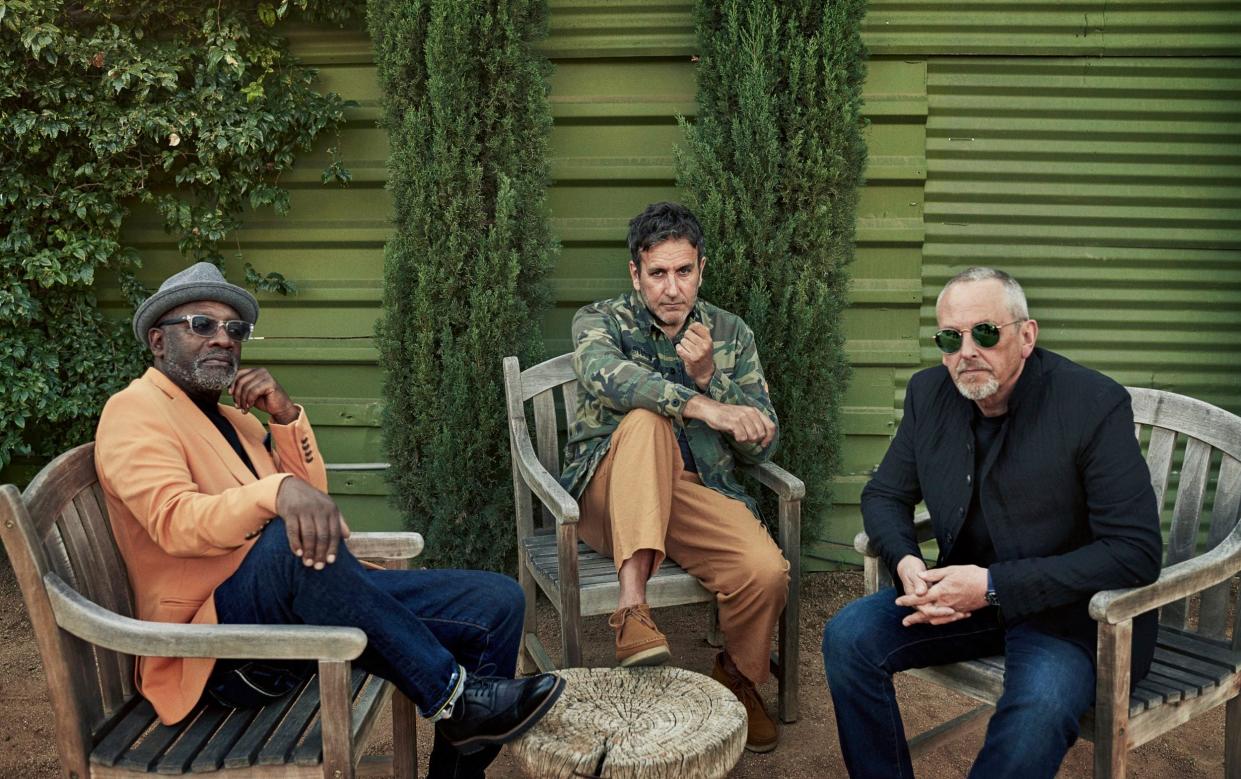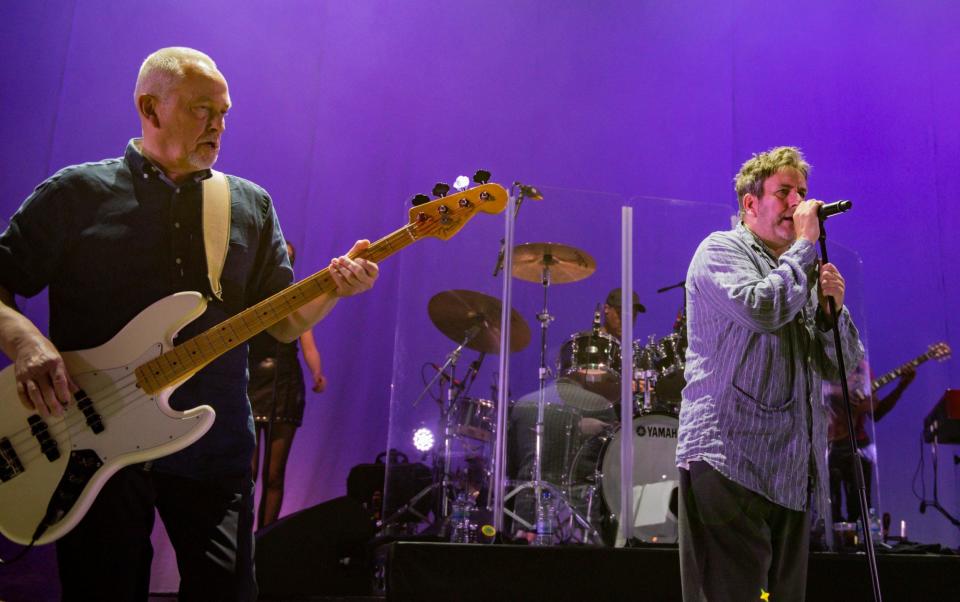Vaccine passports and petrol shortages? The Specials are the protest band we still need, 40 years on

Toward the end of The Specials’ Saturday night set at a busy Troxy, in East London, co-vocalist Lynval Golding, 70, introduced front man Terry Hall with the words, “He’s my little brother – and the youngest member of the band”. Smiling, or at least grinning, the 62-year-old Hall told the audience that he was, in fact, 27. “The secret,” he said, “is to moisturise”.
Actually, the secret was a set list filled with songs that sounded as resplendent today as they did on the morning they were first released. The band’s audience appears to agree. Thirteen years after the re-formation of The Specials, their name remains a strong enough draw to fill halls and arenas up and down the country for a British campaign that has lasted 21 dates.
At the Troxy, on the tour’s final night, a boisterous crowd raised the roof for standards such as Stereotype, Rat Race and a slew of other superior favourites. The inclusion of five well received songs from their forthcoming album, Protest Songs 1924-2012, and three cuts from 2019’s Encore, deftly scotched the notion that the evening was just an exercise in nostalgia.
With a body of work spanning six decades, The Specials appeared well suited to encroaching old age. As Hall trudged around the stage during instrumental breaks in the group’s exquisitely arranged songs, it was easy to imagine him wearing slippers.
An anti pop star if ever there was one, for the first half hour he restricted his interaction with the audience to a single word (“hi”). Widening his repertoire, he later asked that the lights be dimmed on the 3,000 people who had each paid more than 50 quid to watch him, because they were making him “feel sick”. As the band struck up Too Much Too Young – the only song in the catalogue that has aged poorly – the line “I’d love to spread manure on your bed of roses” slipped by unnoticed.

A front man who resembled a good-natured Philip Larkin backed by a band born out of punk rock wasn’t the only incongruity of the night. Marbled within the ebullience of dance floor classics such Rudi (A Message To You), Nite Klub and Monkey Man lay notes of anxiety and unease – dread, even – that gave the evening an air of resonant immediacy. The sense that all was not well permeated the air. “They’re watching every move we make,” sang Hall on The Lunatics. “It’s time to call it quits before the future hits,” was the gist of Breaking Point.
At the Troxy, vaccine passports were a condition of entry. Front of house, members of the audience who had wasted half their day waiting in line for petrol duly spent more than three quarters of an hour queuing for a drink. The notion that The Specials’ songs are not just of their time, but also of this time, was hard to shake.
Inevitably, the evening’s sole encore included the era-defining Ghost Town, a record that saw its authors fracture into pieces on the very week it went number one. Back then, they were a case study in how the pressures of success can break a band apart. Even though the music itself remains as taut and restless as it ever was, at the Troxy the people who play it seemed much happier. As the country threatens to return to the kind of turmoil out of which The Specials emerged more than 40 years ago, at least something has changed for the better.